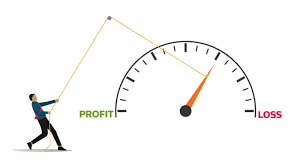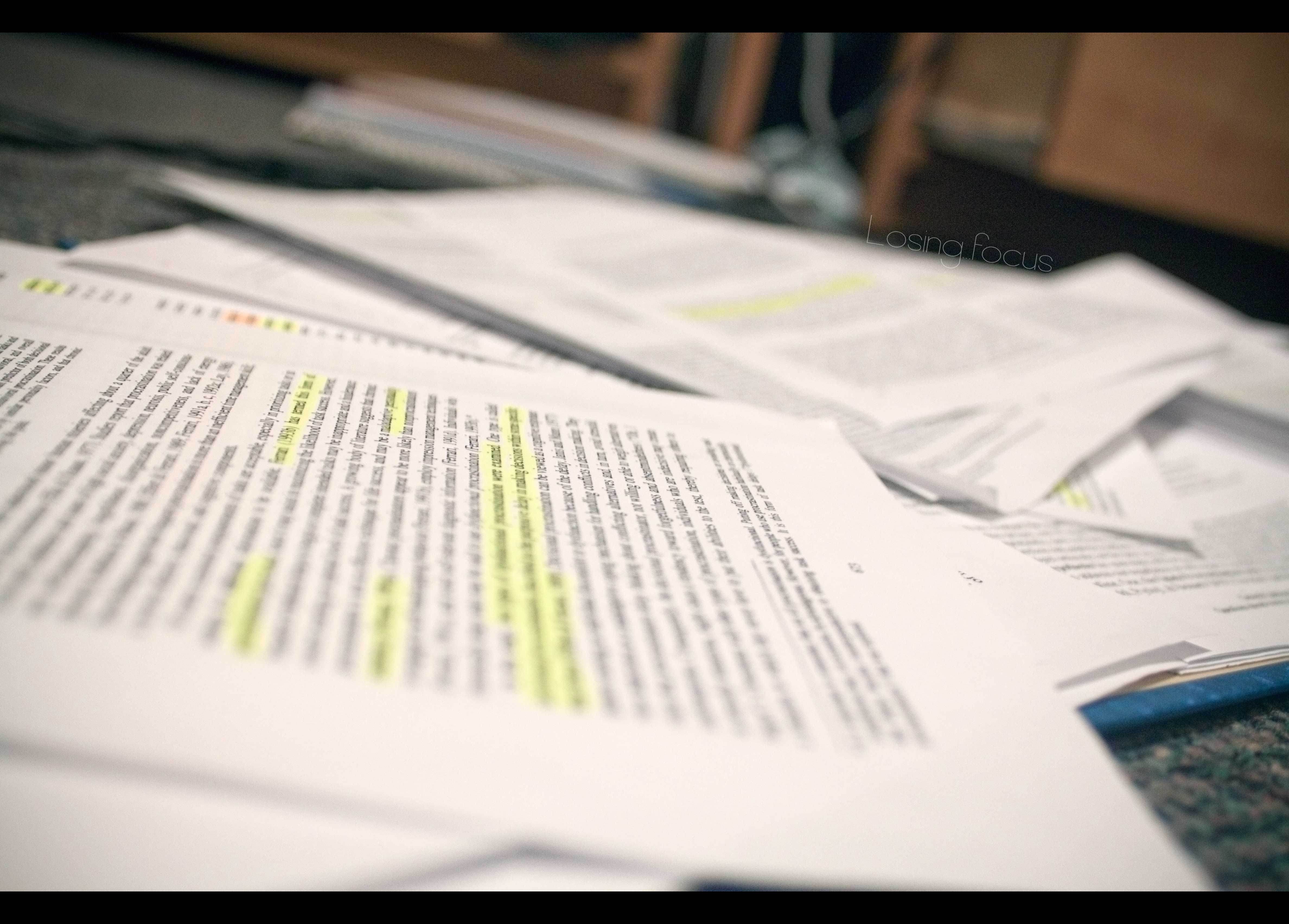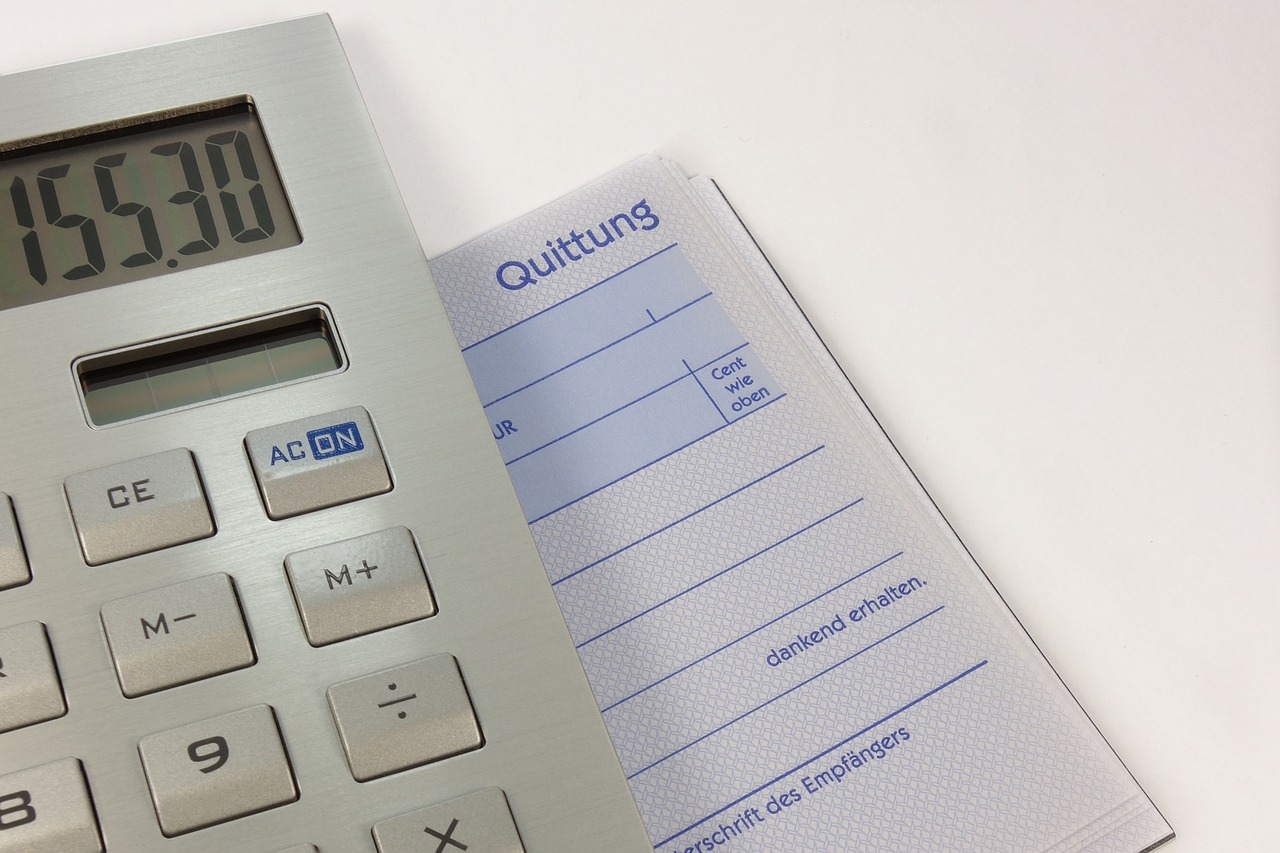What Should I Do if I’m Facing a Legal Dispute Related to Liquor Licensing?

Introduction
Legal disputes related to liquor licensing can be complex and challenging to navigate. Whether you are a bar owner, restaurant manager, or an aspiring business owner looking to obtain a liquor license, it’s essential to understand the potential legal issues that may arise and how to address them effectively. This guide will provide you with valuable insights and steps to take when facing a legal dispute related to liquor licensing.
Understanding Liquor Licensing
Liquor licensing is a legal process that allows businesses to sell and serve alcoholic beverages. The rules and regulations governing liquor licensing vary by jurisdiction, and it’s crucial to be familiar with the specific laws in your area. Generally, liquor licenses are required for establishments such as bars, restaurants, convenience stores, and liquor stores.
Common Legal Issues in Liquor Licensing
Several common legal issues can lead to disputes in liquor licensing:
- License Application Denials: Your application for a liquor license may be denied due to various reasons, such as incomplete paperwork or zoning restrictions.
- License Violations: Violating the terms and conditions of your Liquor attorney, such as selling alcohol to minors or serving alcohol after curfew, can lead to legal consequences.
- License Suspensions and Revocations: Your license may be suspended or revoked if you repeatedly violate liquor laws or engage in illegal activities on your premises.
- Neighborhood Opposition: Local residents and businesses may oppose your Liquor attorney application, leading to hearings and legal challenges.
- Transfer of Ownership: Selling or transferring a liquor license can be legally complex and may involve approval from regulatory authorities.
Steps to Take When Facing a Legal Dispute
When confronted with a liquor licensing dispute, it’s crucial to take the following steps:
4.1. Consult an Attorney: Seek legal counsel from an attorney experienced in liquor licensing matters. They can provide guidance on your specific situation and help you navigate the legal process.
4.2. Gather Relevant Documents:
Collect all relevant documents, including your liquor license application, correspondence with regulatory authorities, and any evidence related to the dispute.
4.3. Negotiation and Mediation: In some cases, it may be possible to resolve the dispute through negotiation or mediation. Your attorney can represent your interests and work towards a mutually acceptable solution.
4.4. Administrative Hearings: If negotiation fails, you may be required to attend an administrative hearing. These hearings allow you to present your case and address any concerns raised by regulatory authorities.
4.5. Court Litigation: In more complex disputes or when all other avenues have been exhausted, court litigation may be necessary. Your attorney can represent you in court and advocate for your rights.
Tips for Resolving Liquor Licensing Disputes
- Maintain Compliance: Always adhere to the terms of your liquor license and local liquor laws to reduce the risk of disputes.
- Document Everything: Keep detailed records of all interactions, transactions, and correspondence related to your liquor license.
- Community Engagement: Build positive relationships with your local community to reduce opposition and foster support for your liquor license.
- Stay Informed: Stay up-to-date with changes in liquor laws and regulations that may impact your business.
- Professional Guidance: Consult with experts, such as liquor law attorneys and consultants, to ensure you are following the correct procedures and best practices.
Conclusion
Facing a legal dispute related to liquor licensing can be a daunting experience, but with the right approach, it can be resolved effectively. Understanding the laws and regulations, seeking legal counsel, and following the necessary steps are essential for a successful outcome. By adhering to the guidelines outlined in this guide, you can navigate the complexities of liquor licensing disputes and protect your business interests. Remember that each case is unique, and consulting with an attorney is often the best course of action to ensure a favorable resolution.



